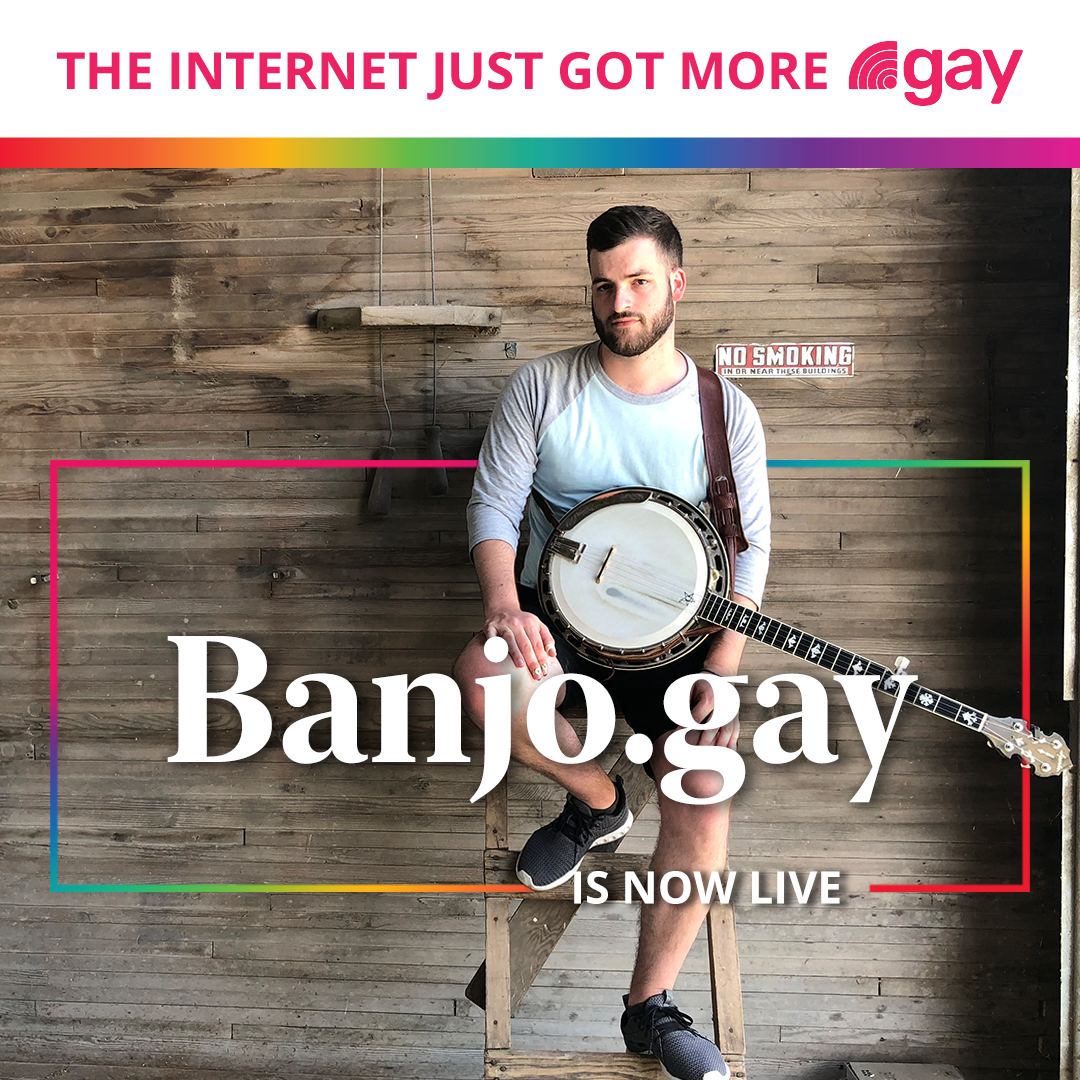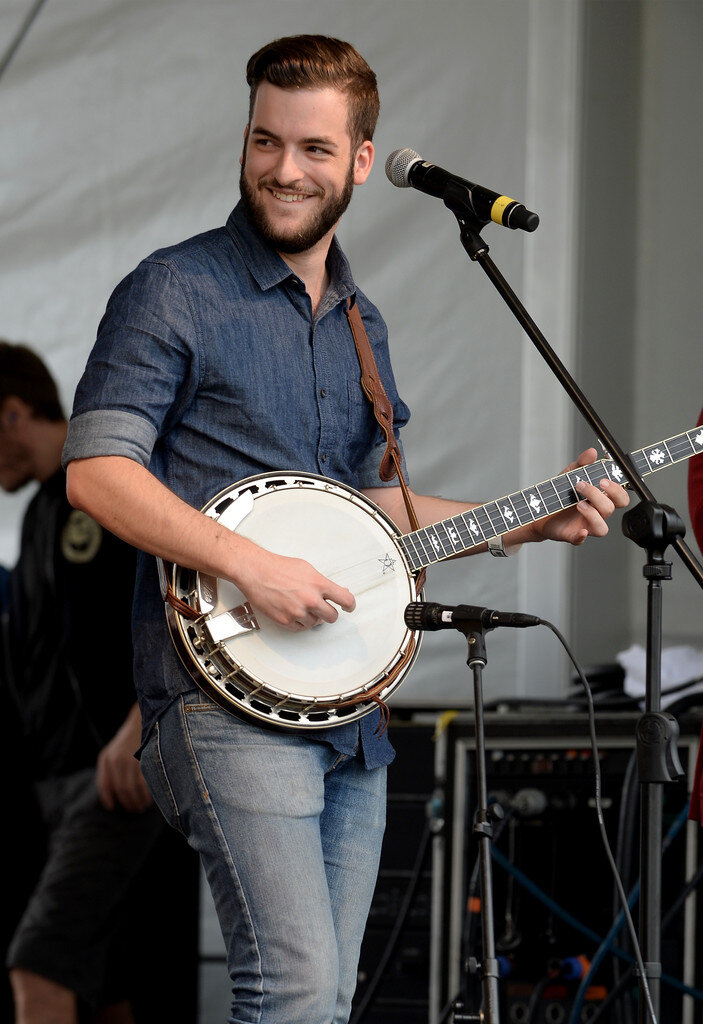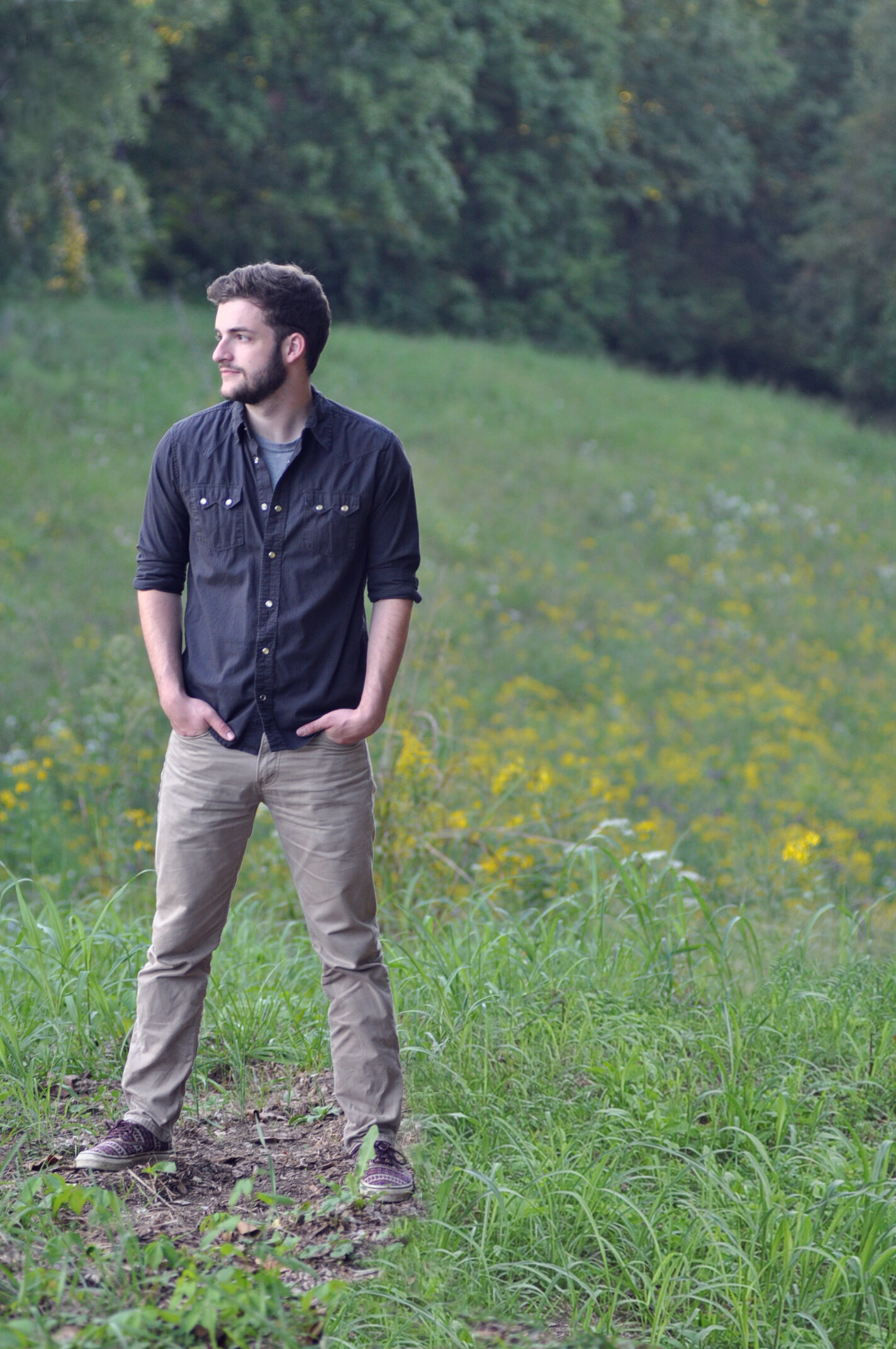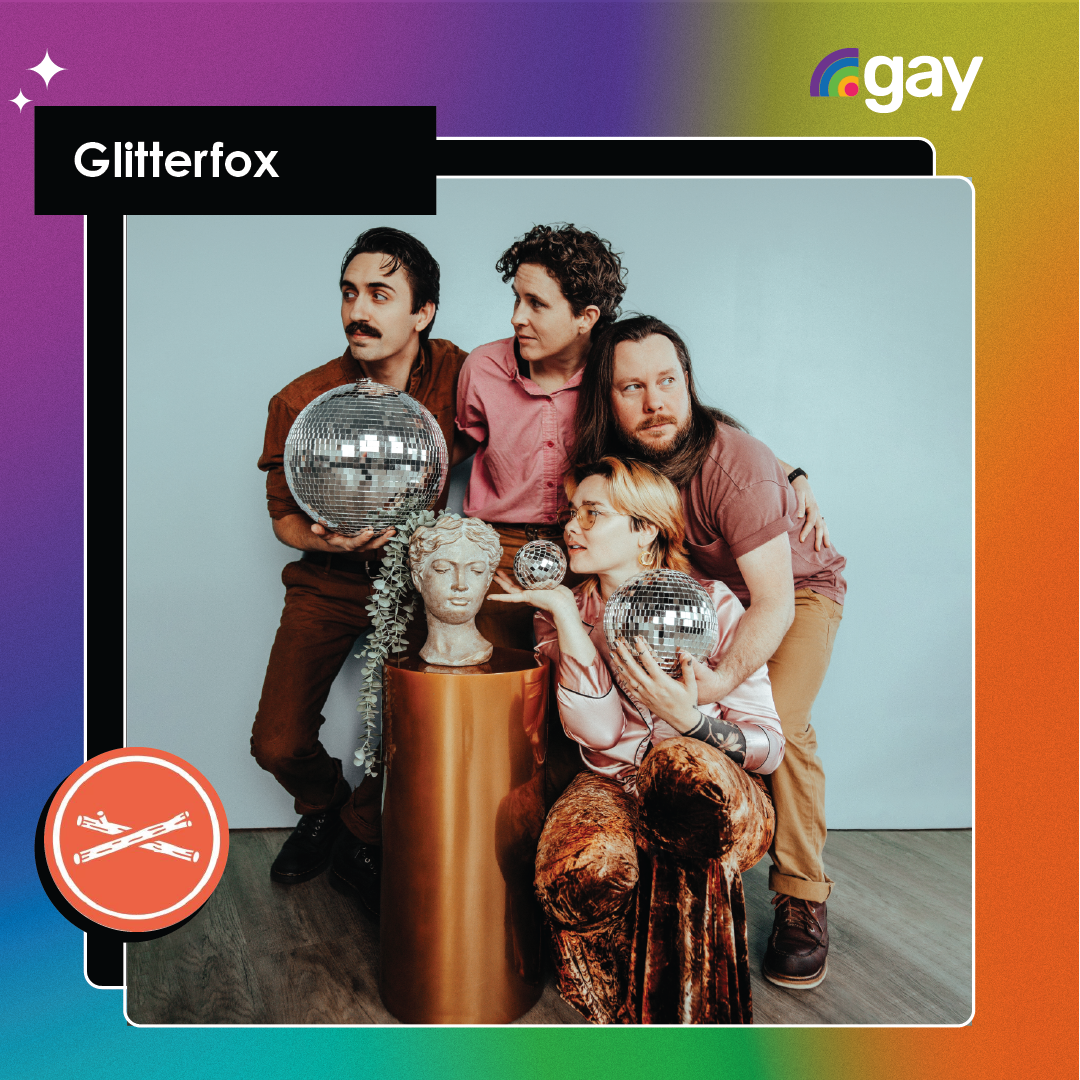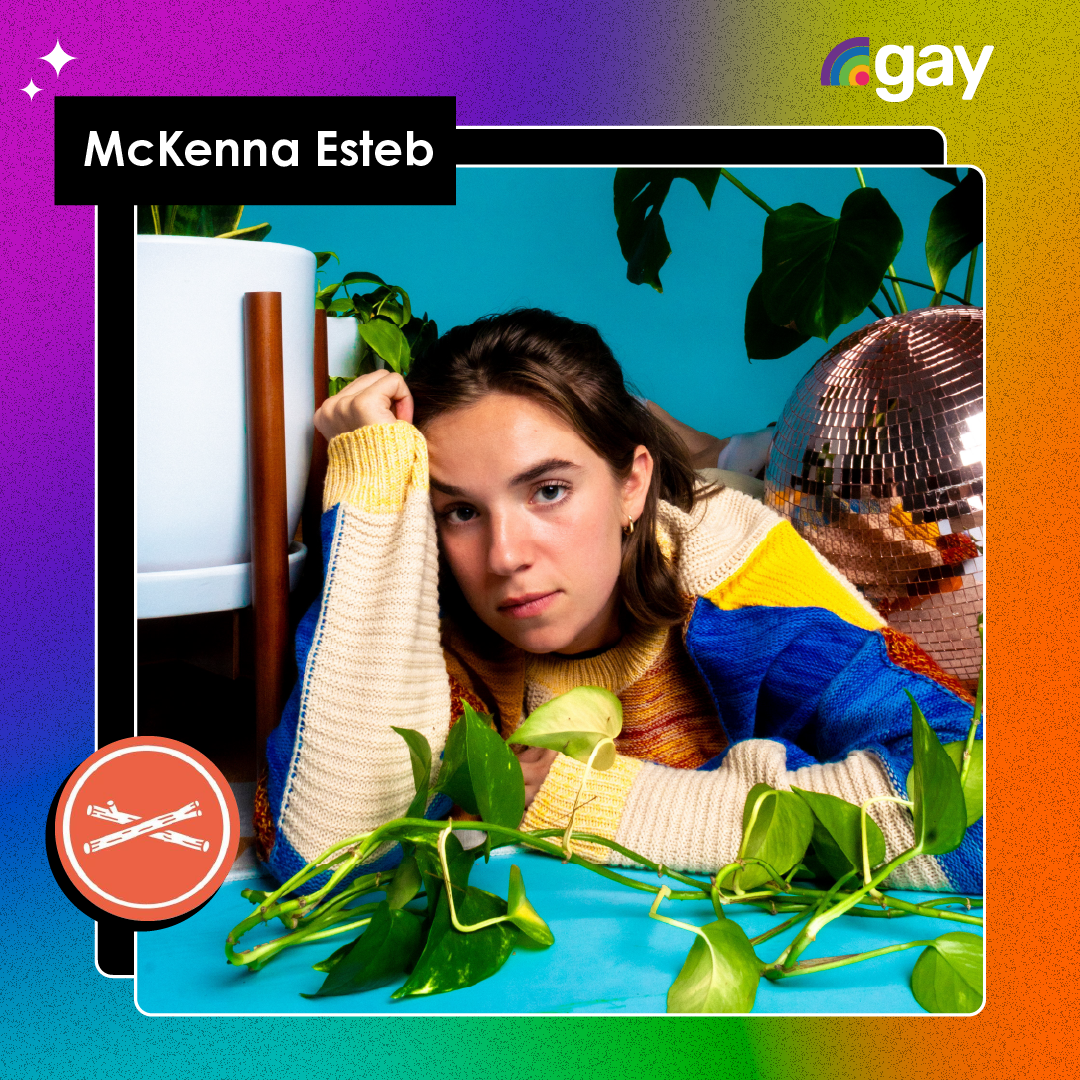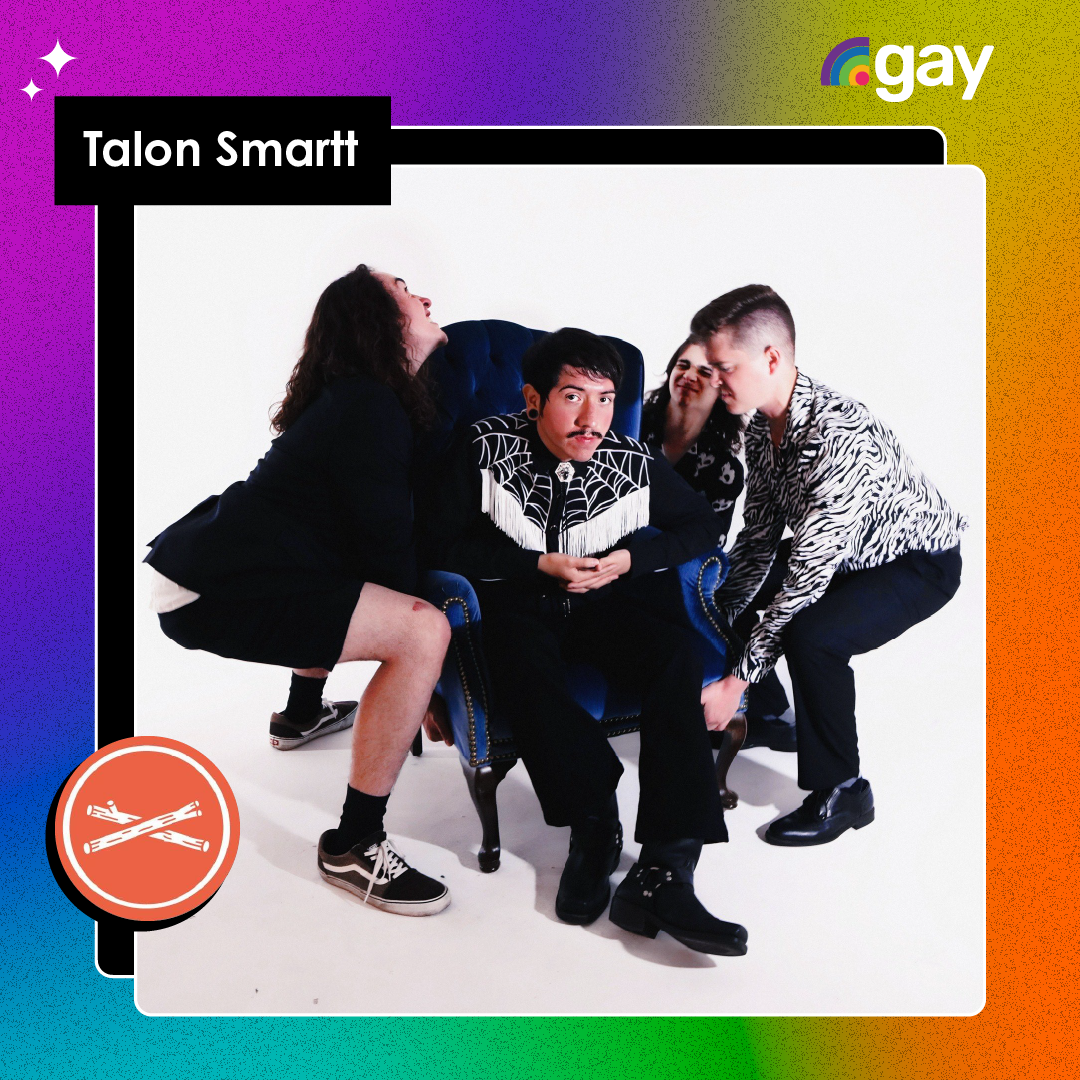Through your music and journalism, you work to highlight the historically LGBTQ underpinnings of roots music, as well as contemporary LGBTQ performers in the scene. (Your recent Dolly Parton covers, for example, emphasize the LGBTQ themes in her narratives.) Would you share a few of your favorite examples of LGBTQ roots music, past and present?
Yes! I love highlighting queer creators in bluegrass, country, and roots music because it demonstrates two very important points, first that queerness in these rootsy, country, and rural spaces is nothing new. Queer folks have always existed in all communities, whether their identities have been visible to those communities or not. And second, that there are truly dozens and dozens of queer country and folk artists out there!
The three or four who have captured a certain level of notoriety and fame at this point are excellent musicians and artists, to be sure, but there is a vibrant, fully-realized, strong, interconnected community of queer folks in roots music genres making livings in these less-than-stereotypically queer spaces that deserve just as much attention and celebration as the most famous folks making queer country today.
For a queer country forebear, there's none better than Patrick Haggerty, AKA Lavender Country. He's been around making queer country for longer than just about anybody.
Folks should also check out Karen & the Sorrows, Amythyst Kiah, Rainbow Girls, Allison Russell, Sam Gleaves, Jake Blount, Amanda Fields, and so many more – you can also find queer roots musicians through Bluegrass Pride, a non-profit organization I help run that celebrates and uplifts queer folks making country, bluegrass, old-time, and other roots musics!
Why is support for the arts, culture, and nightlife so important for the well-being of LGBTQ people?
The overlay of a pandemic really helps put into perspective why the arts are such a critical pillar of the queer community: they're a gathering point, a kernel around which community can coalesce.
As queerness enjoys a more mainstream profile than perhaps any other time in human history, it's easy to see how a lack of queer spaces that don't center on sexuality or alcohol could end up hobbling the queer community in the long run.
We need music, art, creation, sharing — all of these important human activities — to keep us connected, engaged, and supporting one another. Having so many of these spaces taken from us during the pandemic has further impressed this point. We all need queer spaces to inhabit with each other, and I hope plenty of those spaces can be roots music spaces, too!
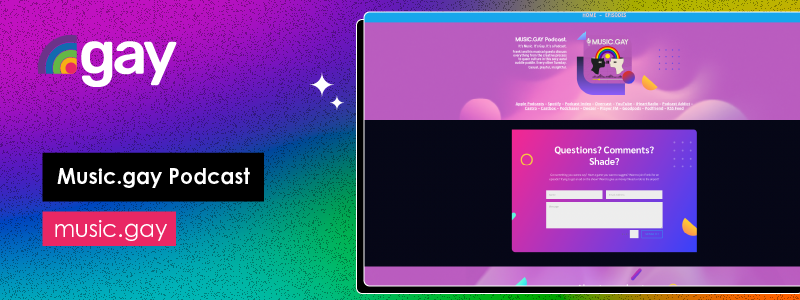
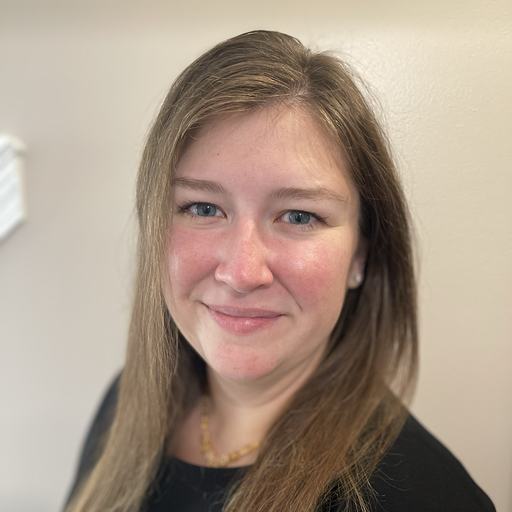 Liz Achanta
Liz Achanta

